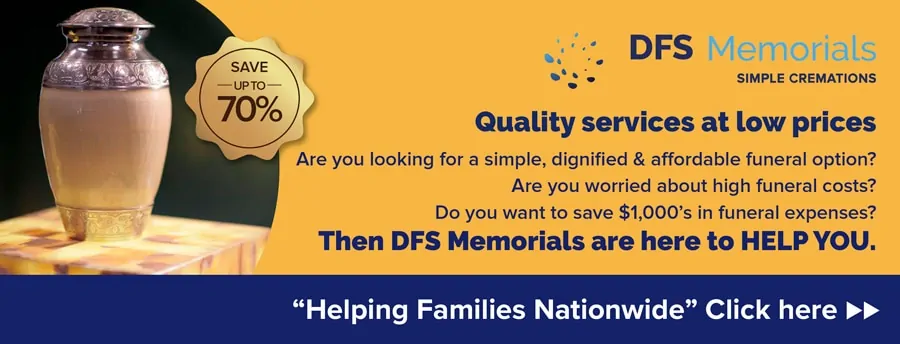
Federal Trade Commission ‘Funeral Law’ conducts Undercover Investigations
The ‘Funeral Law’ is a federal law that protects consumers. The Funeral Industry needed to be governed by trade laws just like any other retail industry, as funeral homes can take advantage of consumers and exploit them. Grieving families who don’t know their legal rights are vulnerable to sales pressure, manipulation, and overspending when it comes time to plan a funeral. Funeral homes were soliciting business, coercing clients to purchase expensive caskets, adding unnecessary or unwanted ancillary costs to funeral services. This resulted in the ‘Funeral Law’ being introduced in 1984, and all licensed funeral homes must comply with the federal ‘funeral law’.
The Federal Trade Commission has continued to conduct impromptu surveys on funeral homes to monitor compliance of the FTC Funeral Law. A series of sweeps by ‘mystery funeral shoppers’, volunteers from AARP (American Association of Retired People), identifies funeral businesses that are violating the law.
When the FTC announced the results from their 2009 undercover investigations, or sweeps, in nine states and the District of Columbia.
“Significant Violations” of the FTC consumer protection rules were discovered in 30% of funeral homes they visited. This shows an increase in funeral law violations since the overall percentage of 15% in 1996.
The most abused violation was to not provide a General Price List to consumers. Violations are punishable by fines of up to $11,000 per violation. Alternatively, funeral homes can enroll in the Funeral Rule Offenders Program (FROP) that was set up by the FTC and the National Funeral Directors Association in 1996.
FROP is a five-year program open ONLY to Funeral Rule violators in which the funeral homes concerned contribute a fee to the U.S. Treasury in lieu of civil penalties. This fee is calculated at 0.8% of their average gross income over the last three years, but the benefit is that it keeps their violation effectively concealed from the public’s knowledge. The offending funeral homes agree to make the FROP contribution and participating in the five-year funeral-training program coordinated by NFDA.
Although FROP can be seen as a positive step towards improving compliance of the Funeral Law, it does seem to serve to provide a ‘loop-hole’ for offending funeral homes to avoid public prosecution.
Important Tips for Consumers
Consumers planning funerals can better protect themselves and their families from unnecessary and unexpected expenses by taking several steps:
- Ensure funeral plans are discussed in advance, allowing time to compare prices and service for individual items and packages.
- Call funeral homes to ask about prices and compare their services.
- Ensure you are provided with an itemized statement of the goods and services you have selected (this mandatory document must disclose the specific state law that requires the purchase of any item the customer did not select.)
- Understand that a casket is not required for a direct cremation, where there is no viewing of the body, and that it is illegal for a funeral home to tell consumers otherwise.
- Be fully aware that you can purchase a casket at someplace other than the funeral home, often for a lower price. The Funeral Rule prohibits funeral homes from refusing to handle the casket and from charging a fee for doing so.

